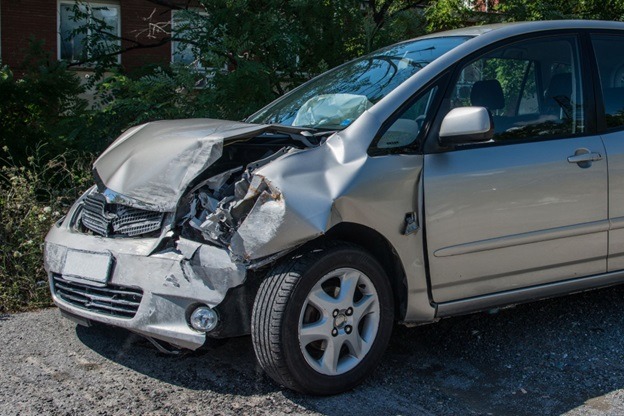Determining responsibility in car accidents caused by a driver’s carelessness or negligence is simple. However, not all auto accidents occur because of the motorist’s activities. It may be complicated to figure out who is at fault when a car fault causes an accident, but doing so is essential if accident victims are to receive the compensation they are due for their injuries.
Each vehicle that violates road regulations, is unsafe in some other manner, or suffers from a manufacturing or design fault that raises safety concerns is considered a defective vehicle. It is important to note that in Washington, DC, the statute of limitations for personal injury claims is three years from the accident date. Victims need to consult with a Washington, DC, car accident lawyer as soon as possible to ensure that their rights are protected and that they receive the compensation they deserve.
Who is Responsible for an Accident Caused by a Vehicle Defect?
Numerous vehicle components can malfunction due to defects, but some flaws have the potential to cause catastrophic accidents. An airbag malfunction is one of the most prevalent vehicle defect cases. Takata recently announced the recall of its airbags after a string of collisions involving those airbags resulted in severe injuries and fatalities. Defects like faulty brakes or malfunctioning signal lights can also cause an accident. Another frequent flaw that can cause severe road accidents and injuries is the propensities of tires blowing out.
Operator Liability
The driver is frequently not liable for the damages brought on by the mishap in most vehicle defect accidents. However, if it is discovered that the driver was aware of a defective part in the car but did not have it fixed or changed, they could be found at least partly responsible for the collision. In this case, the driver and the maker of the defective automobile part could take accountability.
Vehicle Manufacturer Liability
In so many cases, the vehicle producer is eventually responsible for the injuries sustained following an accident caused by a vehicle defect. The manufacturer is liable if the automobile’s design or manufacturing flaw contributed to the accident. A planning or design fault in a car part is a manufacturing defect. If a car part has a manufacturing flaw, it indicates that while the design was accurate, errors were made during the manufacturing. Manufacturers are responsible for any accidents if they produce defective vehicles and place them on the road.
Component Manufacturer Liability
Similarly, if an accident was caused by a faulty part manufactured by an organization, that company may also be held responsible. Some automakers don’t produce every component of their cars in-house; instead, they buy some parts from outside suppliers. A component manufacturer may be held accountable for any incidents that arise from manufacturing or design flaws in their products.
Transportation Liability
Sometimes, a defect results from a negligent delivery process even though the vehicle was properly manufactured and designed. Any accidents resulting from damage to a car during transport may be the responsibility of the shipping or transportation business. Documentation in every step of the vehicle’s creation, delivery, and selling is essential to demonstrate that the defect was caused during transportation and not somewhere else in these circumstances.
Car Dealership Liability
Either new or used vehicle sellers may be held responsible for accidents brought on by defective vehicles. Each automobile a used car dealer receives must be inspected for flaws and fixed before being sold to a client. They may be liable for injuries if they fail to check for or correct defects. For similar failures to examine or for introducing novel defective parts to a vehicle, auto dealers may also be held liable for accidents caused by new car defects. Some automakers upgrade vehicles without determining whether the newly installed components are in working order. The store is accountable for any accidents that result in injuries.
Mechanic Liability
In automobile defects cases, technicians can be held responsible for crashes. Independent technicians may be accountable for vehicle flaws if they neglect to spot a problematic component during an inspection or improperly fix the defective parts on the vehicle during service. If replacement components fitted are malfunctioning, a mechanic may also be held responsible for this kind of accident. When a mechanic doesn’t keep their replacement parts correctly, it can lead to damage and defects.
Auto Parts Company Liability
Finally, if an automotive parts supplier sells or replaces faulty parts, they could also be held accountable. Similar to instances of mechanics being held responsible for defects, an auto parts seller may be held liable for accidents resulting from negligently storing their parts, causing damage, and then installing those damaged parts in vehicles. You must hire a personal injury lawyer with expertise in managing car defect cases immediately because many different parties may either individually or collectively bear some of the liability in a car defect case.

